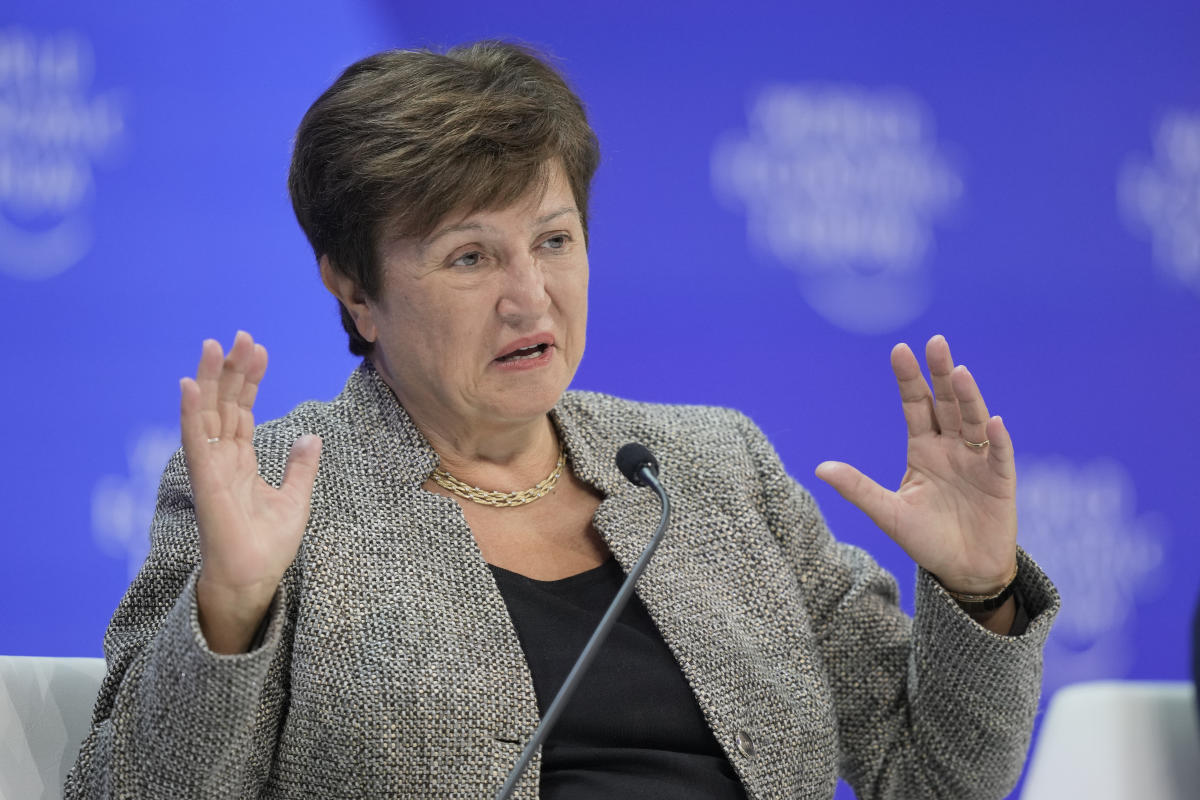
During the spring meeting of the International Monetary Fund and the World Bank, Kristalina Georgieva, the head of the IMF, discussed the current state of the global economy. She noted that despite challenges such as higher interest rates and conflicts in Ukraine and Gaza, the world economy has remained resilient. However, she expressed concerns about issues like stubborn inflation and rising levels of government debt.
Georgieva pointed out that while inflation has decreased, it has not been completely eradicated. In the United States, strong economic growth has led to slower progress in reducing inflation. Additionally, government debts worldwide have increased, reaching 93% of global economic output last year. This surge in debt was fueled by increased spending to address the COVID-19 pandemic.
To address these challenges, Georgieva emphasized the importance of countries improving their tax collection systems and efficiently managing public funds. She stressed the need for fiscal resilience to prepare for future shocks that may impact the global economy.
Despite some positive economic indicators, Georgieva highlighted that global growth is expected to be modest at 3.2% this year and in 2023. Georgieva noted that factors contributing to sluggish global growth include low productivity gains and an aging workforce.
Georgieva suggested that countries could boost their economies by reducing bureaucratic barriers and increasing women’s participation in the workforce. By addressing these challenges and implementing structural reforms, countries can strengthen their economies and better prepare for future economic shocks.
In conclusion, while there are some positive signs for global economic growth this year and next year, there are still significant challenges that must be addressed. Georgieva’s recommendations highlight how countries can improve their fiscal policies to better prepare for future shocks while also addressing long-term structural issues like productivity gains and aging workforces.






